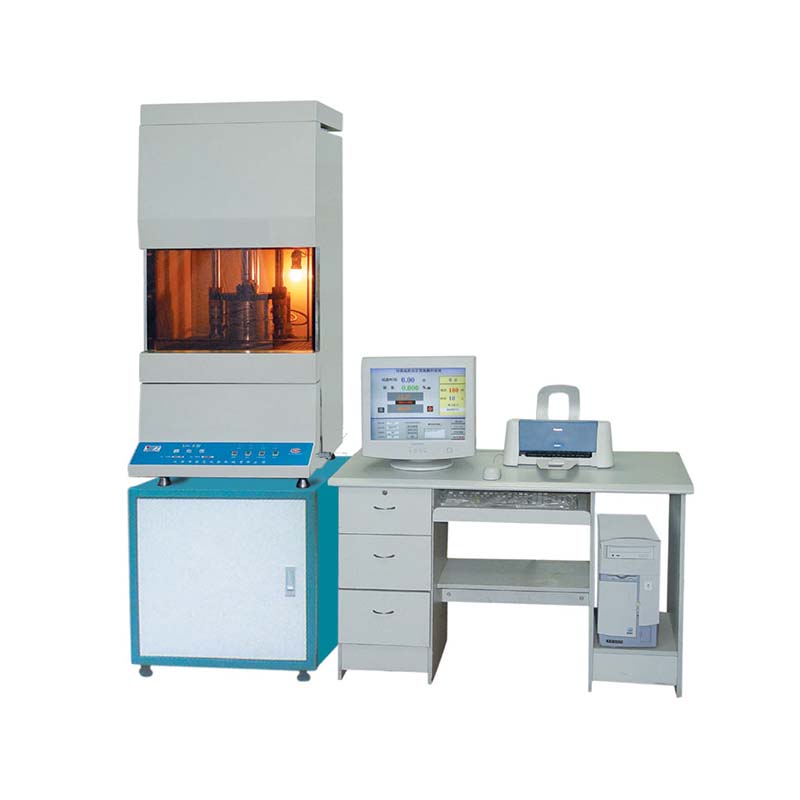custom electronic tensile tester
The Importance of Custom Electronic Tensile Testers in Material Testing
In the realm of materials science and engineering, understanding the mechanical properties of materials is crucial for ensuring quality and performance in various applications. One of the most effective tools for analyzing these properties is the tensile tester. Among the different types of tensile testers, custom electronic tensile testers stand out for their advanced features and adaptability to specific testing requirements.
Understanding Tensile Testing
Tensile testing is a fundamental process used to evaluate how materials respond to uniaxial tension. During this test, a sample material is subjected to a controlled pulling force until it fails. This process provides critical data such as tensile strength, yield strength, elongation, and reduction in area, which are essential for understanding how a material will behave under stress in real-world applications. Traditional mechanical testers can perform these tasks; however, they may lack the precision and flexibility offered by electronic systems.
The Advantages of Custom Electronic Tensile Testers
The integration of electronic technology into tensile testing has transformed how engineers and researchers conduct experiments. Custom electronic tensile testers offer distinct advantages over their mechanical counterparts
1. Precision and Accuracy Electronic testers provide precise measurements and controlled testing conditions, which are crucial for acquiring reliable data. The integration of high-resolution sensors allows for real-time monitoring and adjustment of testing parameters.
2. Data Acquisition and Analysis Modern electronic tensile testers are equipped with sophisticated data acquisition systems. This means they can record detailed information throughout the test, enabling comprehensive analysis. Users can visualize stress-strain curves and other critical graphs that aid in material characterization.
3. Customization Options The ability to customize electronic tensile testers according to specific testing needs is a significant advantage. Different materials require different testing parameters, and a custom tester can be tailored to accommodate diverse specimen sizes, shapes, and testing speeds. This versatility is beneficial in various industries, from construction to electronics.
custom electronic tensile tester

4. User-Friendly Interface Most custom electronic tensile testers come with user-friendly software that simplifies the testing process. Operators can easily set up tests, monitor progress, and analyze results without needing extensive technical expertise. This accessibility can streamline laboratory operations and improve productivity.
5. Automated Testing Many electronic tensile testers offer automation features that enhance efficiency and repeatability. Automated systems can conduct multiple tests in a row with minimal human intervention, thus reducing the risk of error and ensuring consistent results.
6. Integration Capabilities Custom electronic tensile testers can often be integrated with other testing systems and laboratory equipment. This compatibility supports comprehensive analysis workflows, enabling researchers to gather multifaceted insights about material properties.
Applications of Custom Electronic Tensile Testers
The versatility of custom electronic tensile testers makes them ideal for various industries, including
- Construction Testing building materials like steel and concrete to ensure they meet safety and performance standards. - Textiles Evaluating the tensile strength and durability of fabrics and fibers used in fashion and industrial applications. - Electronics Assessing the properties of materials used in electronic components, such as conductive pathways and casings. - Plastics and Composites Analyzing the mechanical behavior of advanced materials employed in automotive and aerospace industries.
Conclusion
Custom electronic tensile testers undoubtedly enhance the capabilities of laboratories and research facilities around the world. Their precision, versatility, and ease of use make them invaluable tools for assessing the mechanical properties of materials. As industries continue to evolve and push the boundaries of technology, the demand for advanced testing solutions will only increase. The continued development and refinement of custom electronic tensile testers will play a pivotal role in that progress, ensuring that materials not only meet but exceed performance expectations.
In summary, investing in custom electronic tensile testers is not merely an operational upgrade; it is a critical step forward in the pursuit of quality and excellence in material testing.
-
Why the Conductor Resistance Constant Temperature Measurement Machine Redefines Precision
NewsJun.20,2025
-
Reliable Testing Starts Here: Why the High Insulation Resistance Measuring Instrument Is a Must-Have
NewsJun.20,2025
-
Flexible Cable Flexing Test Equipment: The Precision Standard for Cable Durability and Performance Testing
NewsJun.20,2025
-
Digital Measurement Projector: Precision Visualization for Modern Manufacturing
NewsJun.20,2025
-
Computer Control Electronic Tensile Tester: Precision and Power for the Modern Metal Industry
NewsJun.20,2025
-
Cable Spark Tester: Your Ultimate Insulation Assurance for Wire and Cable Testing
NewsJun.20,2025
 Copyright © 2025 Hebei Fangyuan Instrument & Equipment Co.,Ltd. All Rights Reserved. Sitemap | Privacy Policy
Copyright © 2025 Hebei Fangyuan Instrument & Equipment Co.,Ltd. All Rights Reserved. Sitemap | Privacy Policy
